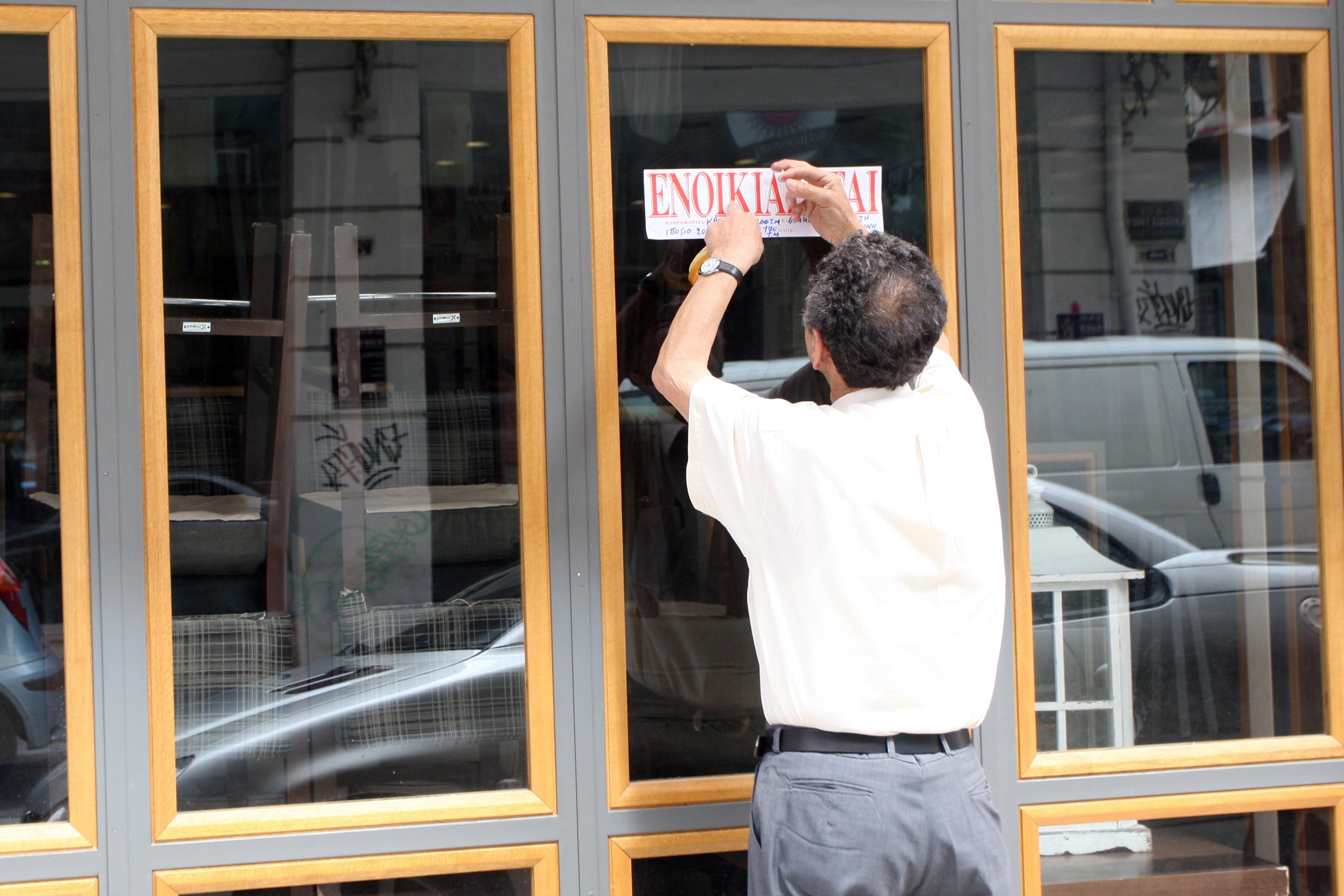I’ve emphasized the idea that the continent-wide fallout from Greece leaving the eurozone would get pretty severe, because remaining countries would need to worry not only about direct bank losses but also the spread of fear-based contagion. Jacob Funk Kierkegaard deploys a similar analysis to put a rosy gloss on Greece leaving, saying it would strengthen the eurozone because “only some kind of pan-euro deposit-guarantee program would be authoritative enough to persuade people to keep their money in the banks of peripheral countries such as Portugal, Spain, and Italy” which would “require a quantum leap in the integration of euro-area banking supervision and regulation.”
Basically we’re agreeing here. My point is that the eurozone doesn’t have a common deposit insurance program and doesn’t have the integrated bank regulatory scheme that would be required to make it work. Therefore Greece leaving would prompt bank runs across the periphery and make things even worse.
Kierkegaard argues the point backward, saying the fallout would be so severe that eurozone leaders would at last take the integrative steps necessary to make the program workable. They might! But that’s the kind of thinking that brought us this problem in the first place. When the euro was unveiled many foreign economists observed that it was unworkable. The reply from Europe was that this was first and foremost a political project and the inevitable problems that would arise would spur further integration. So far, they haven’t really done that. Angela Merkel has never found the little box left in the Chancellery by Helmut Kohl labeled “break glass in case of massive continent-wide depression” that lays out phase two in the plan. Simply assuming that heightening the contradictions will lead to further progress seems very risky to me.
